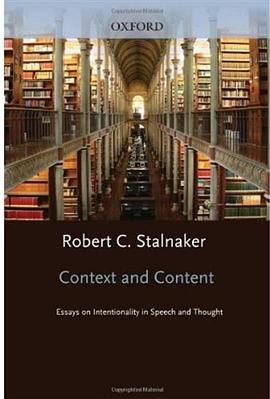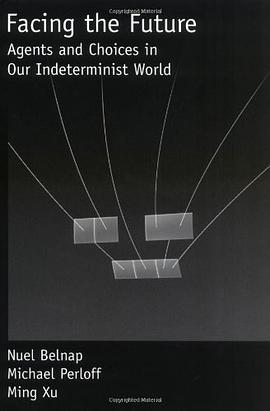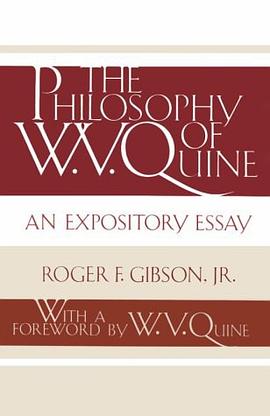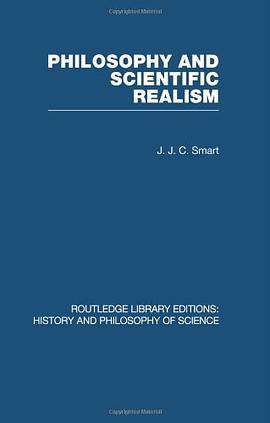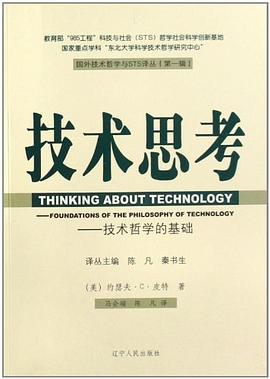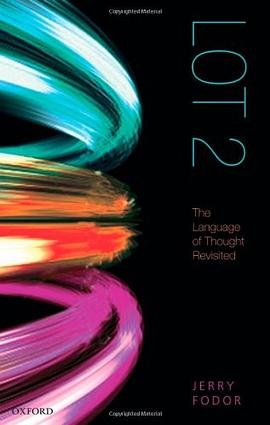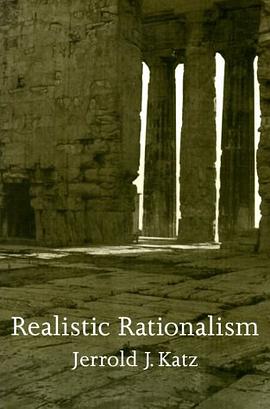

具體描述
In Realistic Rationalism, Jerrold J. Katz develops a new philosophical position integrating realism and rationalism. Realism here means that the objects of study in mathematics and other formal sciences are abstract; rationalism means that our knowledge of them is not empirical. Katz uses this position to meet the principal challenges to realism. In exposing the flaws in criticisms of the antirealists, he shows that realists can explain knowledge of abstract objects without supposing we have causal contact with them, that numbers are determinate objects, and that the standard counterexamples to the abstract/concrete distinction have no force. Generalizing the account of knowledge used to meet the challenges to realism, he develops a rationalist and non-naturalist account of philosophical knowledge and argues that it is preferable to contemporary naturalist and empiricist accounts. The book illuminates a wide range of philosophical issues, including the nature of necessity, the distinction between the formal and natural sciences, empiricist holism, the structure of ontology, and philosophical skepticism. Philosophers will use this fresh treatment of realism and rationalism as a starting point for new directions in their own research.
著者簡介
圖書目錄
讀後感
評分
評分
評分
評分
用戶評價
相關圖書
本站所有內容均為互聯網搜索引擎提供的公開搜索信息,本站不存儲任何數據與內容,任何內容與數據均與本站無關,如有需要請聯繫相關搜索引擎包括但不限於百度,google,bing,sogou 等
© 2025 book.quotespace.org All Rights Reserved. 小美書屋 版权所有


